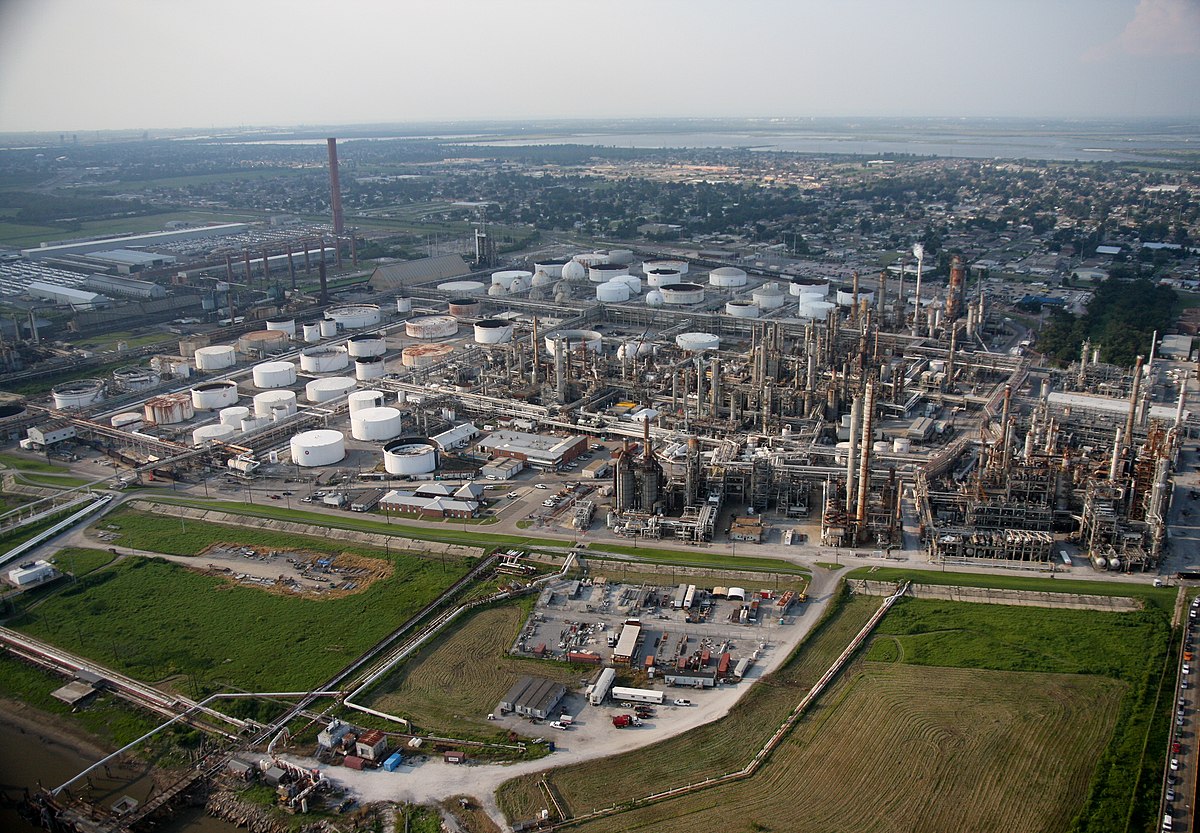Industrial chemical processes play a crucial role in various industries, ranging from pharmaceuticals and petrochemicals to food processing and manufacturing. These processes involve the transformation of raw materials into valuable products through a series of chemical reactions and operations. In this blog post, we will delve into the different types of industrial chemical processes, highlighting their significance and applications.
- Batch Processes:
Batch processes are one of the most common types of industrial chemical processes. They involve the production of a limited quantity of a product in a single batch. This method allows for greater control over reaction conditions and is often used for producing specialty chemicals, pharmaceuticals, and small-scale productions. Batch processes offer flexibility and are suitable for products with varying specifications. - Continuous Processes:
Continuous processes, as the name suggests, involve the continuous production of chemicals or materials without interruption. These processes are highly efficient and are commonly used in large-scale manufacturing operations. Continuous processes ensure a steady output and are particularly suitable for products with high demand, such as polymers, fertilizers, and bulk chemicals. - Catalytic Processes:
Catalytic processes rely on the use of catalysts to facilitate chemical reactions. Catalysts accelerate the reaction rate without being consumed in the process. These processes are widely employed in the petrochemical industry for refining crude oil, producing fuels, and synthesizing various chemicals. Catalytic processes enhance reaction efficiency, reduce energy consumption, and minimize waste generation. - Extraction Processes:
Extraction processes involve the separation of desired components from a mixture using solvents or other extraction agents. This type of process is commonly used in industries such as pharmaceuticals, food processing, and natural product extraction. Extraction processes enable the isolation of specific compounds, purification of materials, and concentration of valuable components. - Distillation Processes:
Distillation processes are utilized for separating mixtures based on differences in boiling points. This technique is widely employed in the chemical and petroleum industries for the purification of liquids and the separation of volatile components. Distillation processes are crucial for obtaining high-purity products and are commonly used in the production of fuels, solvents, and essential oils. - Polymerization Processes:
Polymerization processes involve the combination of monomers to form polymers, which are large molecules with repeating structural units. These processes are essential in the production of plastics, fibers, and rubber. Polymerization can occur through various methods such as addition polymerization, condensation polymerization, and emulsion polymerization. These processes enable the customization of polymer properties for specific applications.
Conclusion:
Industrial chemical processes encompass a wide range of techniques and methods that are vital for the production of numerous products we rely on in our daily lives. Understanding the different types of processes, such as batch, continuous, catalytic, extraction, distillation, and polymerization, allows industries to optimize production, improve efficiency, and meet the demands of various sectors. By harnessing these processes, industries can continue to innovate and contribute to technological advancements and sustainable development.







+ There are no comments
Add yours